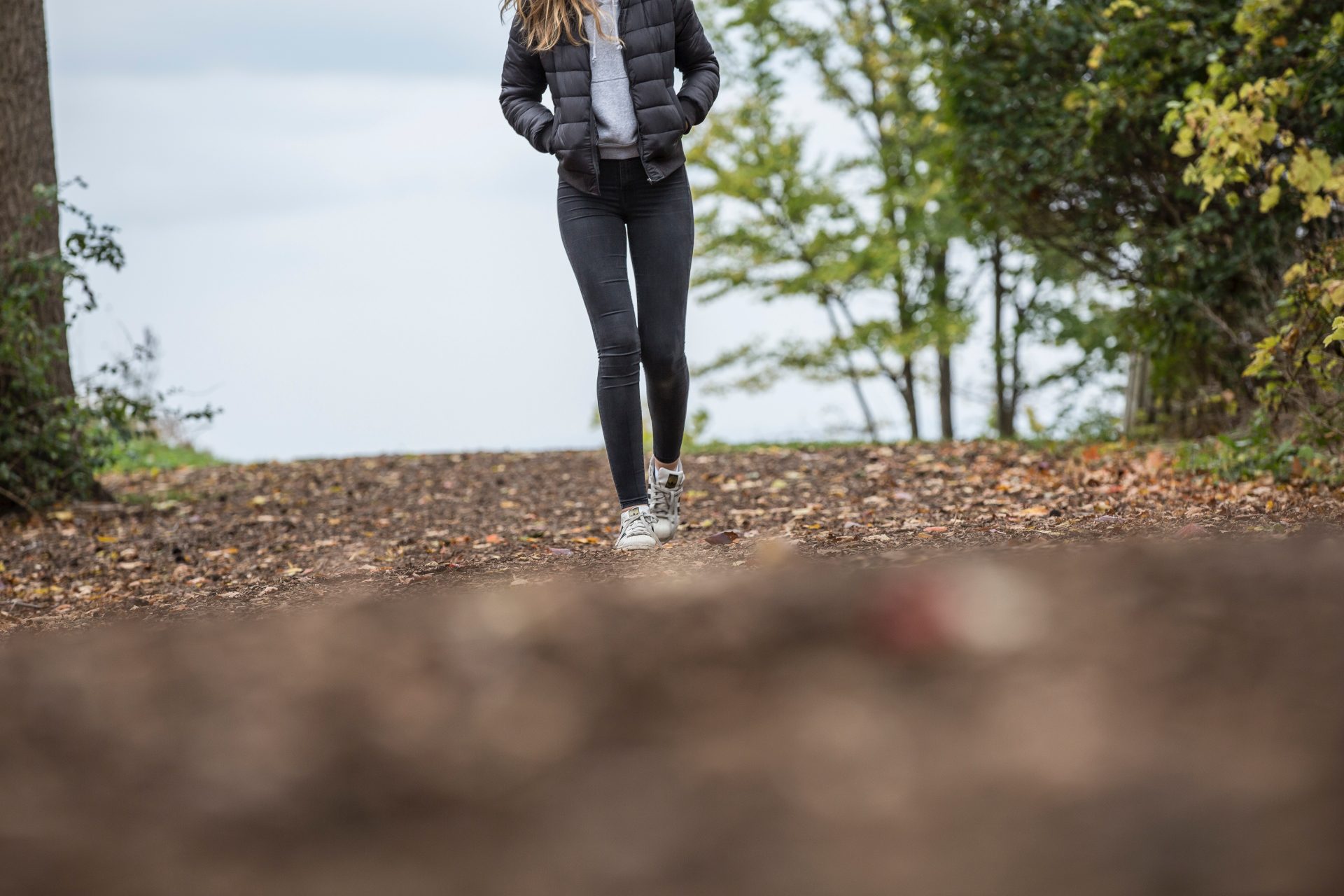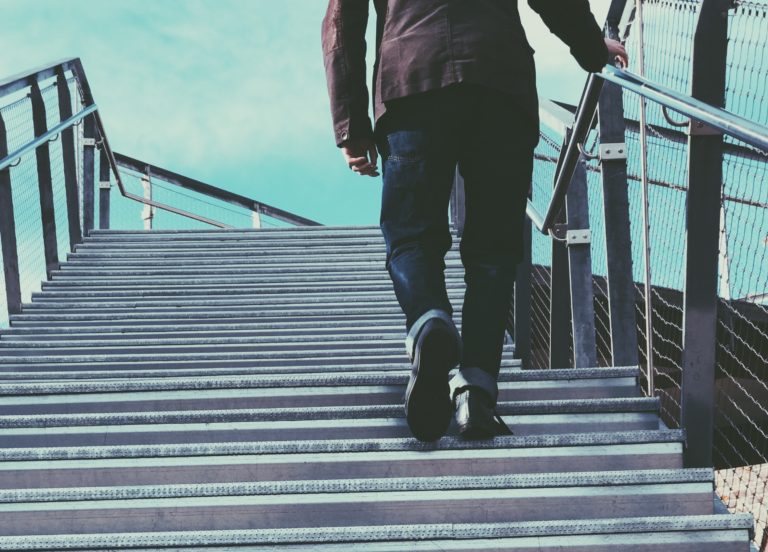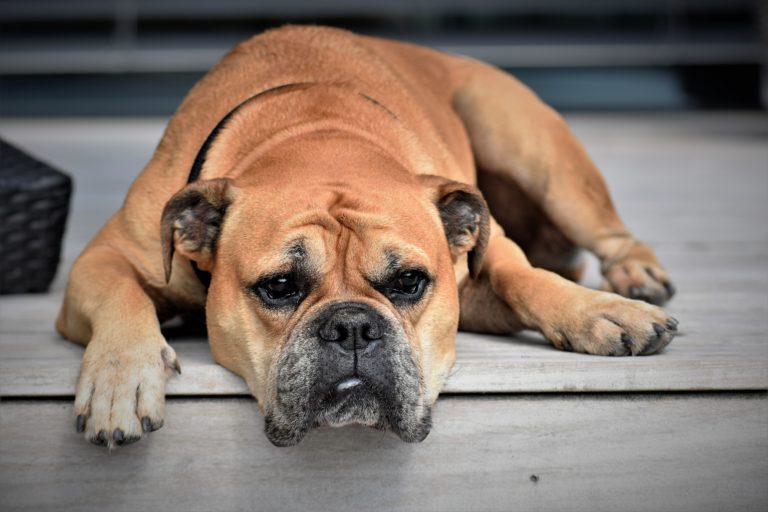The Dangers of Walking Alone as a Woman
Many years ago, a college friend and I were walking just a few blocks off campus when a teenage boy stepped onto his front porch and started loudly proclaiming how “hot” we were. As we hurried away down the sidewalk, he went on to describe all the unmentionable things he wanted to do to us.
Years later, the week before I got married, the weather was nice and I decided to walk the half mile or so from my house to the hair salon rather than drive to get a fresh haircut before my wedding and honeymoon. A man catcalled me as he drove by.
And about a month ago, I was pulling our trash can up from the curb when a man in a red sedan drove by and called, “hey, babe” out an open window. My 10-year-old daughter was standing in the driveway and witnessed the incident. With bewilderment on her face, she said, “Mom? Who was that? What did he say? Why did he say that?” I had to explain catcalling to her. She’s in fifth grade.
Sadly, my daughter is approaching an age when she will be a target of harassment as well. As soon as a girl reaches adolescence, she becomes fair game for street harassers, and it is a problem she will deal with for just about the rest of her life. All women have stories. If you think the women in your lives don’t, they probably just have never told you.
The Daily Risk of Being Blindsided is Real
Harassment always comes at unexpected times, when women are minding their own business, walking or jogging, or doing yard work. One group of women that is especially vulnerable to harassment is runners. Online message boards are filled with tales of women who experience street harassment and tips for dealing with it.
I am not a runner, but I took up walking for exercise after my children were all old enough to attend school full time. I value that 30-minute time block in the mornings after I’ve walked my kids to the neighborhood elementary school. I can walk as fast or as slow as I want to, without children slowing me down or begging for us to stop at the playground. My husband bought me an activity tracker to count my steps and mileage, and I’ve watched the numbers on my bathroom scale go down, seen my legs and stomach grow a little more toned, and felt healthier overall.
My neighborhood is a safe place to walk. We live in the middle class suburbs of a major metropolitan area. My husband and I help to host a block party sponsored by our city every September, with neighbors bringing potluck dishes to share. During the party, we get visits from local police and fire officials, and every year they talk about how safe our neighborhood is and how they receive very few calls about crime in our residential area.
But that doesn’t mean there are not occasional incidents of street harassment.
Once, I was out for my walk when I passed a pickup truck. The engine was turned off, the windows rolled down, and two men sat inside talking loudly to each other. They said good morning to me as I passed, and I looked at them and waved politely as I kept going. Behind me, I heard them heckling through the open windows. “Woman, what’s wrong with you? You can’t talk?”
Another time, I got a “lookin’ good” comment from a man in a large white SUV while I walked. While on the surface this statement may not seem particularly offensive or threatening, it is inappropriate, and a woman never knows if remarks like this will lead to worse things like assault. The man who told me I looked good was not my personal fitness coach and therefore had no right to comment on my body or how I look. Almost no one says things like that to a man jogging or walking on the street; but women often hear variations of it.
Yelling “hey, babe” or “pretty girl” or anything similar to a woman you do not know is not a compliment, and no woman should ever feel obligated to talk to strangers on the street. Some men don’t seem to understand their attention is unwanted, or, more likely, they refuse to admit it’s wrong because they like exerting power over women or showing their male friends how “manly” they are. Street harassment also is a crime of opportunity that is difficult for law enforcement to catch and punish. Men do it because they usually can get away with it.
It only takes one or two unpleasant experiences to instill a degree of paranoia. When I’m walking alone, as I hear a car coming up the street behind me, suddenly my breasts feel conspicuously large, my thighs seem to jiggle distractingly, and my modest t-shirt and denim Bermuda shorts feel too revealing. I wonder if I would attract less attention if I put my hair up instead of leaving it down. Would I look less feminine if I wore my glasses? Intellectually, I know there is nothing wrong or inappropriate with how I look or how I dress, but this is a toll harassment takes.
One of my worst experiences was the day man stepped onto his front porch as I walked by on the other side of the street. “Hey, sexy,” he said as he waved. When I didn’t respond, he said it again. “Hey, sexy.” With my heart pounding, I yelled at him to shut up and kept walking. When I briefly glanced back about thirty seconds later, he was still standing on the porch, openly staring and grinning at me.
I was so shaken by that incident that I talked to a police officer I know the following morning while he patrolled near our local school. I gave him the specific address for the “hey, sexy” guy. I felt a little better when the officer informed me that the house is a group home and the man who spoke to me is mentally disabled. He told me to contact him if the guy bothered me again, and he would contact his social worker. Since then, I have walked past the group home many times and have not had any problems, nor have I seen anyone outside the house, and if something happens again I trust the police officers in my municipality to handle the situation.
On the other hand, it took me a week to work up the nerve to walk again on the street where I met the pickup truck hecklers. I also now look up and down the street for oncoming cars before walking to the curb to fetch my trash bin.
The health benefits of walking are negated by the strong stress reactions I experience when someone harasses me. One encounter is enough to leave me feeling rattled for a large portion of the day, to raise my blood pressure and pulse and send adrenaline spiking through my body. I feel vulnerable and angry. I also feel anxious about going back out to walk again the next day and potentially facing another harasser, another disembodied voice yelling at me from tinted car windows.
One of my best friends explained that she had trouble helping her now ex-husband understand how women view unknown men as possible threats. “I’m not a bad guy,” he said. “I would not hurt women like that.”
“Yes, but a woman who doesn’t know you and meets you alone on the street does not know that,” my friend said.
It Changes How I Think
The potential for harassment or assault changes how I approach the world as a woman. I carry pepper spray all the time, even though it is bulky in my shorts pocket. I often wear my glasses — a mild prescription but helpful nonetheless — so I can better see license plate numbers or house numbers if someone at a specific address harasses me, so I can call the police and make a report of harassment. The police phone numbers are saved on my phone, which is always in my pocket. I know how to carry my keys with them sticking out as a weapon. I considered borrowing my neighbor’s dog when I go for walks.
I’m more aware of the small things I’ve been doing for years but haven’t thought much about. Much of my strategy is simple avoidance.
I don’t initiate conversation with unfamiliar men I pass on porches, lawns, sidewalks, or streets.
I make a judgment call depending on how a man looks and acts: either I don’t make eye contact with him, or I make assertive eye contact to send a “don’t mess with me” message.
I don’t smile.
I might cross the street when I see a man coming my way down the sidewalk. I may turn down a different street to avoid crossing a man’s path. I often cross the street when walking past a house where a group of male contractors are working outside, especially if their vehicles do not give an identifying company name.
I am alert and frequently scan the street and houses on it, watching for people and keeping track of where others are in relation to me.
I walk a different route every day so no one can predict where I’ll be and wait for me to come along.
If I see a person step out of a front door or park a car and get out, I feel comfortable if it is a woman. I stay on the alert if it is a man.
I make guesses about how safe an approaching vehicle is based on the type of vehicle it is. If it’s a minivan, it’s probably driven by a woman and therefore safe. If it’s a pickup truck or sports car, it may be driven by a man, and I must be careful. If the car is speeding or playing loud music with heavy bass thumping, those also are strong indicators that a man may be driving.
I like to walk in the neighborhood park, but sometimes I feel uneasy walking alone there because it is set back from the road, in the trees. If I walk the loop in the park, I pace myself so I maintain some distance from any solitary men who are walking.
And I do all of this in a neighborhood that is considered safe.
99.9% of the time, I experience no problems while I’m out walking. Harassment is rare for me, and I hope it remains that way, but when it does happen, it’s jarring. It’s why some women choose to exercise in a gym, although they can face harassment there as well. Some women avoid harassment by exercising at home with DVDs or a treadmill in the basement, or some women are so discouraged by harassment that they use it as a reason to not exercise at all.
Despite the potential for street harassment, I still choose to walk in my neighborhood. Walking the sidewalks is free and requires no special equipment other than a pair of tennis shoes. There is no membership cost like at a gym. There is no potential for equipment breakdown like with a home treadmill. Being outdoors brings the added benefit of getting some vitamin D and exposure to the sunshine, especially during the winter months. The majority of my neighbors are nice people, and I get to meet some of them and talk with them on my walks. Women should not feel like they have to remain indoors to be safe.
I’ve Learned I’m Not Alone
When I complained about my street harassment experiences on social media recently, most women — and some men — were sympathetic. The women had stories of their own. All of them.
Then there were the responses that weren’t as encouraging. Some people tried to tell me that I am more vulnerable to harassment because I’m younger (in my late thirties) and, as they put it, “skinny.” Some people told me to pray for my harassers, that God would change their hearts. That response is as insensitive as other Christian cliches like, “God will never give you more than you can handle” or “Everything happens for a reason.” Several people engaged in whataboutism and insisted that it goes both ways and that women are guilty of harassing men, too. The statistics show that’s a lot less common.
Street harassment has nothing to do with how women look, how old or young they are, or whether they are slender or overweight. It’s about men exerting power over women. My husband points out that men almost never harass a woman on the street if the woman has another man with her such as a spouse, boyfriend, or friend. Being with other women does not always protect against catcalling, but being with another man frequently does. I’ve also noticed that men are less likely to harass me if my children are close at my side, and the younger my children are, the safer I seem to be. I’ve never been catcalled while pushing a stroller or walking with my preschooler’s hand in mine, although I’m sure some women could tell stories to the contrary. In general, harassers prefer women who are alone or with small groups of other women. The presence of other men or children often changes the dynamics.
I have hope that the #MeToo movement is slowly helping to change some of these behaviors. Perhaps today’s children and youth will grow up understanding that harassment is wrong. In the meantime, I gain a small measure of vengeance by publicly writing about the badly behaved men I encounter. Also, the weather is growing cooler this time of year, and just as some creatures hibernate during the winter, so do some of the street harassers. Car windows are rolled up, so men can’t easily shout out of them, and there are fewer people in general outdoors. I’ll be bundling up against the cold, but the trade off is that my daily walks will be quieter.








Wow,what a powerful,well written description of what it’s like being harassed for being a woman. It made me feel guilty for just ogling pretty women,even though I’ve never catcalled or made physical gestures or contact with any strange woman. I’m going to send it to my daughter who is about the same age. My woman walks,too,but with our pitbull. No one dares harass her. Think about it.